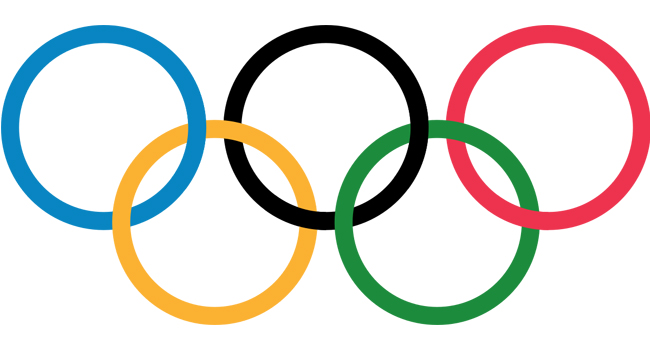The declaration of ten of Nigeria’s athletes as ineligible to compete has dealt a major blow to the country’s chances of winning medals at the Tokyo Olympics. The Athletics Integrity Unit (AIU), an independent body created by World Athletics to handle all integrity issues – doping and non-doping – released a statement on Wednesday revealing that a total of 18 athletes have been declared ineligible. Nigeria is the worst-affected country, with 10 athletes failing to meet the minimum testing requirements under Rule 15.
According to the AIU, National Federations are responsible for ensuring that appropriate anti-doping measures are in place in their respective jurisdictions under Rule 15 governing National Federation Anti-Doping Obligations, which went into effect in January 2019. The rule, among other things, establishes minimum testing requirements for national teams of ‘Category A’ federations, which are deemed to have the highest doping risk and pose a threat to the sport’s overall integrity.
In the ten months leading up to a major event, an athlete from a ‘Category A’ country must submit to at least three no-notice out-of-competition tests (urine and blood) conducted no less than three weeks apart.
Then and only then are they eligible to compete for their country at the World Athletics Championships or the Olympic Games. Belarus, Bahrain, Ethiopia, Kenya, Morocco, Nigeria, and Ukraine are the seven ‘Category A’ National Federations identified for 2021. The Nigerian Athletics Federation, which has been engulfed in needless crises for the past 14 months, is thus heavily to blame for this development.
“National Federations must play a role in anti-doping efforts as well. The eligibility rules for athletes from ‘Category A’ countries are very clear, and compliance is critical for cementing the necessary long-term changes and ensuring a level playing field for clean athletes,” said AIU Board Chair David Howman. “It is important to note that, as a result of this rule, anti-doping efforts in most ‘Category A’ countries have significantly improved. I applaud the efforts of the relevant National Federations and their NADOs in taking their testing responsibilities seriously, but there is still a long way to go in some cases,” he added. Following a period of low domestic testing levels, Nigeria was placed in Category A at the start of 2020.

